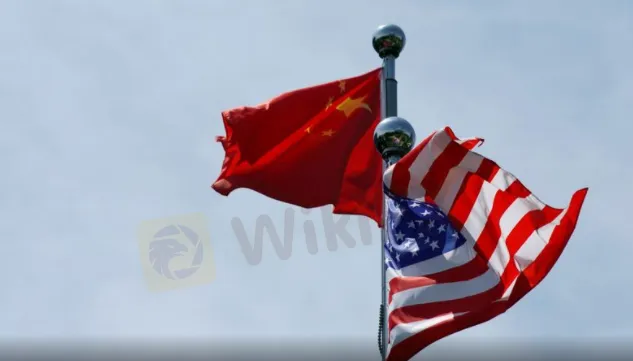简体中文
繁體中文
English
Pусский
日本語
ภาษาไทย
Tiếng Việt
Bahasa Indonesia
Español
हिन्दी
Filippiiniläinen
Français
Deutsch
Português
Türkçe
한국어
العربية
Grab shares crash as revenue plunges on promotions, driver incentives
Abstract:Shares in Grab tumbled 37% on Thursday after Southeast Asia's no. 1 ride-hailing and food delivery firm posted a $1.1 billion quarterly loss and a worse-than-expected drop in revenue, hit by promotional offers and higher driver incentives.

Shares in Grab tumbled 37% on Thursday after Southeast Asia's no. 1 ride-hailing and food delivery firm posted a $1.1 billion quarterly loss and a worse-than-expected drop in revenue, hit by promotional offers and higher driver incentives.
Singapore-based Grab Holdings Ltd has poured money into incentives to attract drivers as ride-share demand recovers from pandemic lows, and also offered aggressive food-delivery promotions as people began to dine out more with the easing of COVID-19 restrictions.
But the incentives ate into sales in the fourth quarter ended Dec. 31 - the first it has reported as a public company -which slumped 44% to $122 million.
“We plan to be judicious and disciplined in allocating capital, as we double down on the long-term growth opportunities of our on-demand, advertising and financial services businesses,” Chief Financial Officer Peter Oey said in a statement.
The loss for the whole year ballooned to $3.56 billion versus $2.75 billion in 2020.
Grab is fighting to retain its market-leader position in the face of stiffer competition from GoTo, a company formed by the merger between ride hailing app Gojek and e-commerce firm Tokopedia, as well as Southeast Asian tech firm Sea Ltd.
Shares of Grab skidded to their lowest ever on Thursday at $3.09, wiping off more than $7 billion from its market value.
Since going public in December after a $40 billion merger with a blank check firm, Grab's stock has shed nearly three-quarters of its value.
Still, the incentives managed to boost gross merchandise volume (GMV), a measure of transaction volumes, which rose 26%.
Grab said it expects GMV growth between the second and fourth quarters of 2022 to jump 30% to 35% year-on-year, and predicted it would break even on an adjusted EBITDA basis in its food delivery unit by the first half of next year.
“We believe the 30% sell-off in share price is unwarranted,” Citigroup (NYSE:C) analysts said in a note, adding that broad market weakness amid geopolitical instability might have prompted some investors to cut losses.
Revenue from Grab's mobility unit, which accounted for 86% of overall sales, declined 27% in the quarter. Revenue from its food delivery services unit plunged 98%.
Disclaimer:
The views in this article only represent the author's personal views, and do not constitute investment advice on this platform. This platform does not guarantee the accuracy, completeness and timeliness of the information in the article, and will not be liable for any loss caused by the use of or reliance on the information in the article.
WikiFX Broker
Latest News
AI-Driven Fraud: Social Media Fraud Reportedly Soars 28%
HKEX to Open Riyadh Office in 2025, Strengthening Ties Between China and the Middle East
Hong Kong Exchange Pioneers Asia's First EU-Compliant Crypto Index
STARTRADER PRIME: Your Trusted Partner in Institutional Liquidity Solutions
J.P. Morgan Leads with Five Awards in Global $7.5 Trillion FX Market
DON’Ts DURING US Election 2024
Trump vs. Harris: Whose policies are Better for US stock investors?
MyTrade Founder Guilty of Crypto Manipulation
Can Blockchain Technology Protect Your Money from Risk?
Hong Kong Court Rules in Favor of Investors in JPEX Case
Currency Calculator


